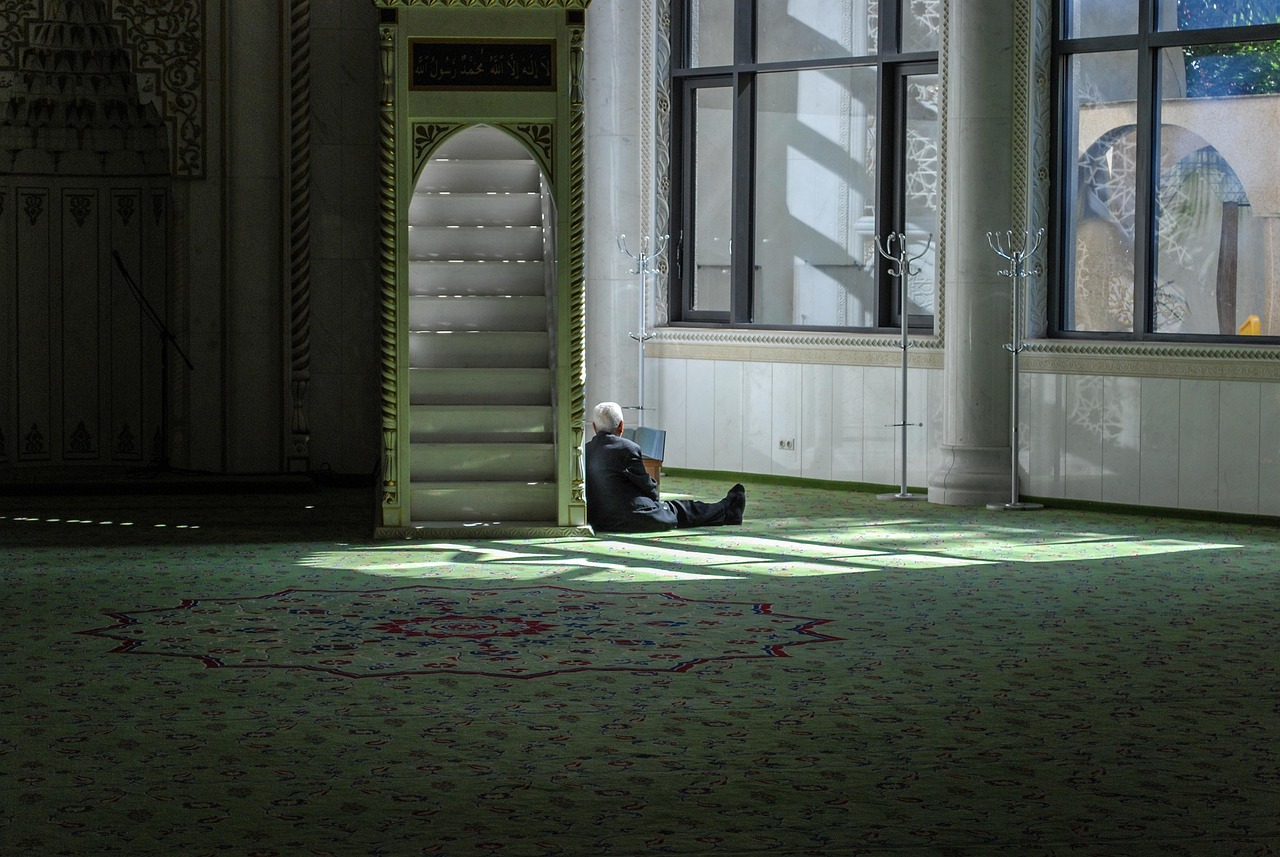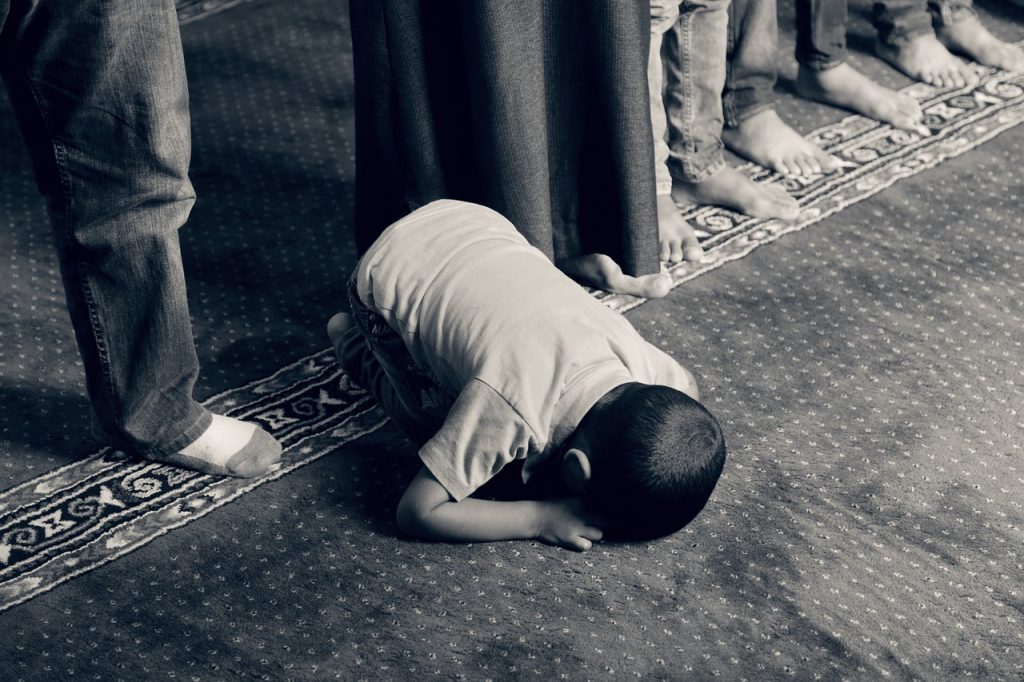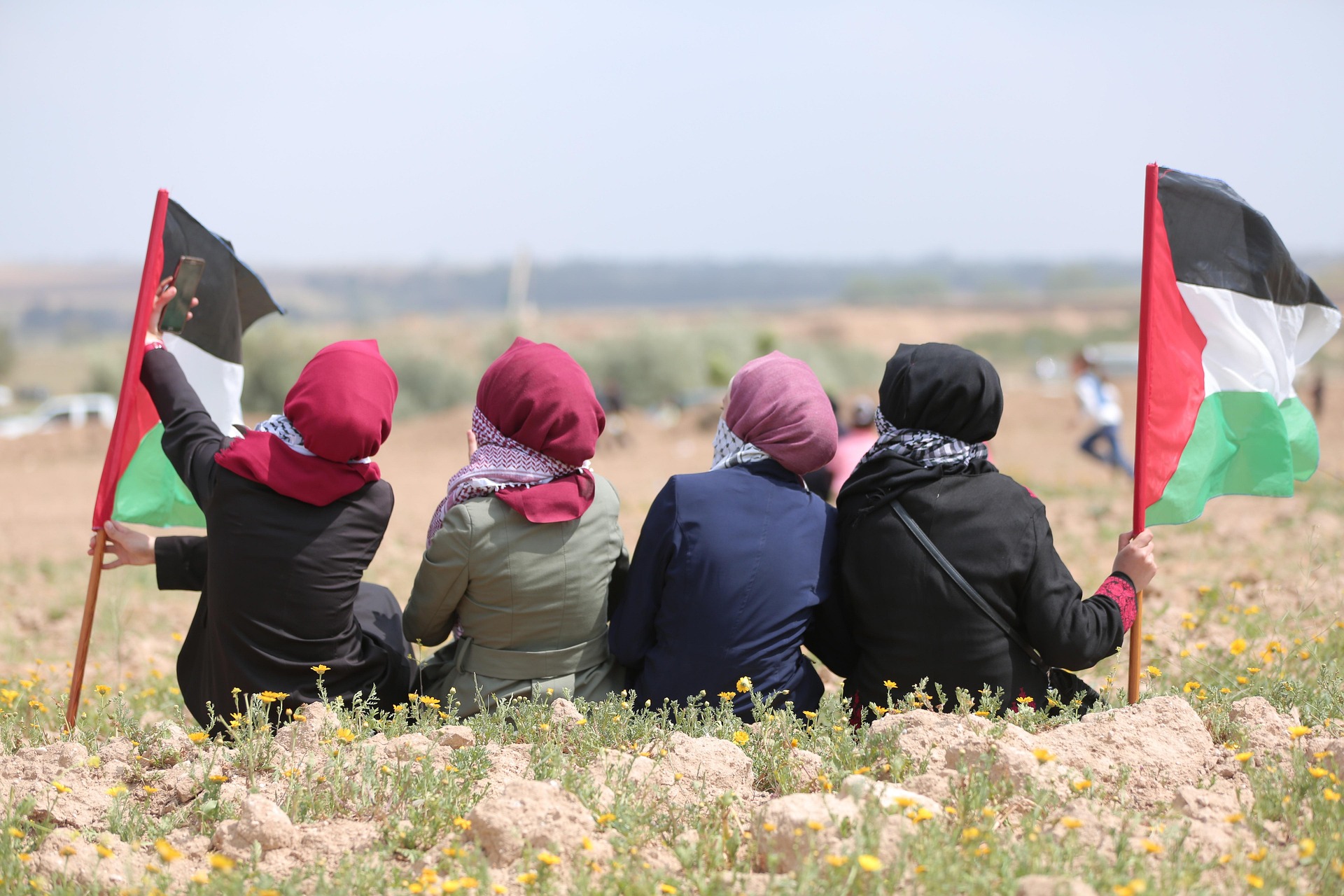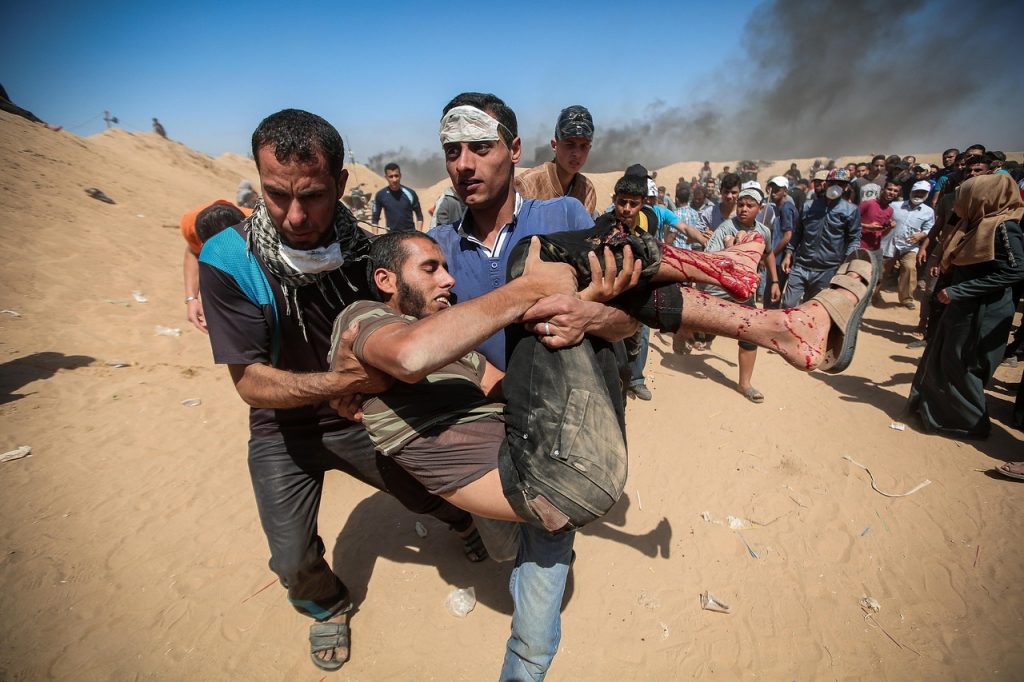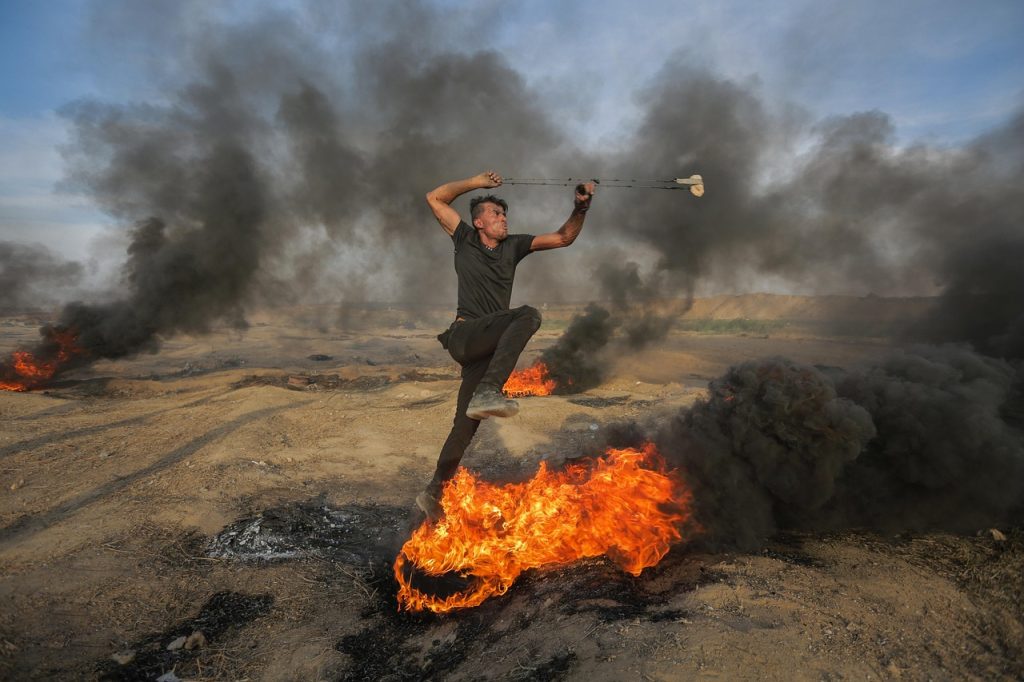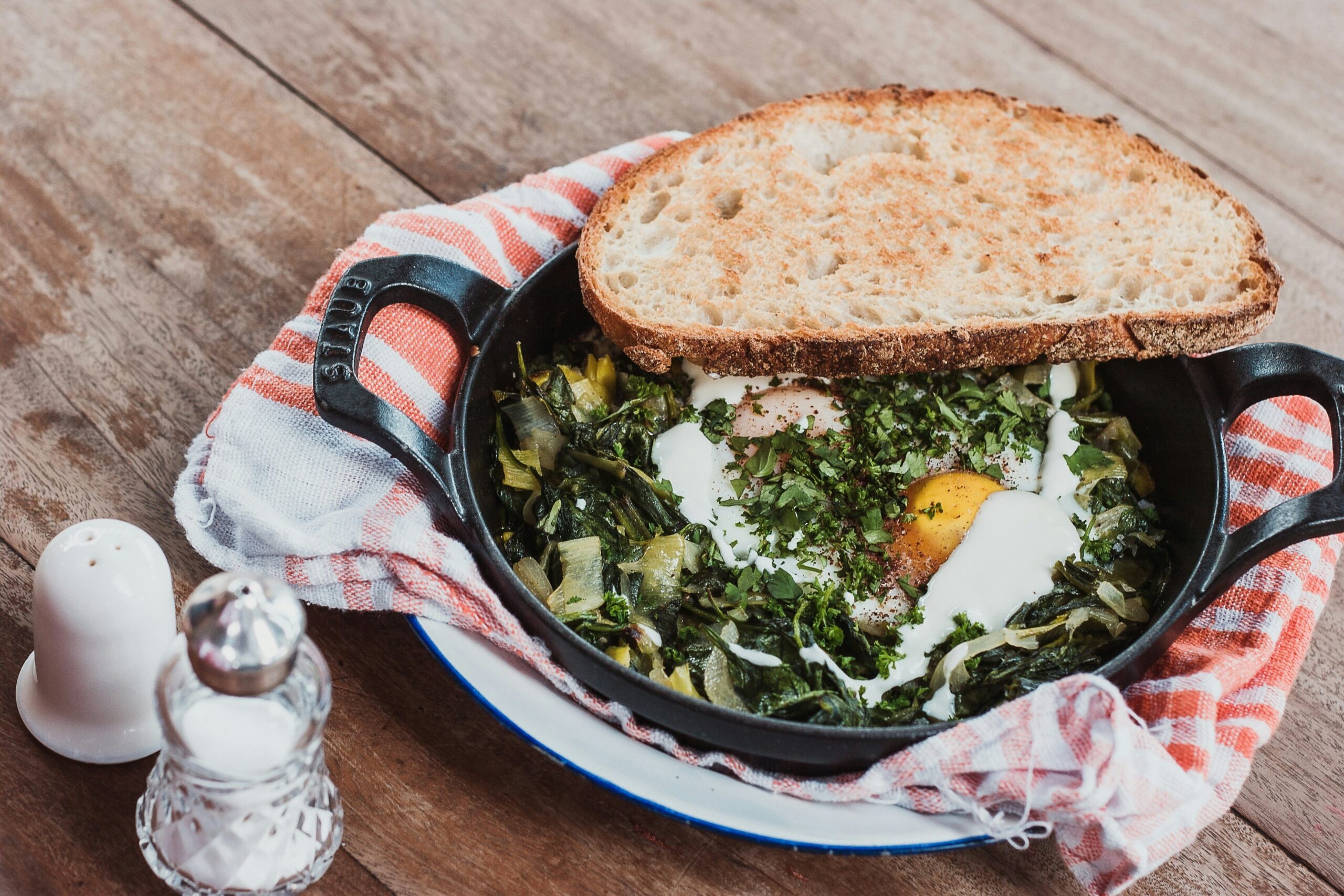Divorce shakes a home. Walls feel thinner, words sharper. It can feel like a storm ruining the very foundations of your home. In that tension, Muslims turn to Allah (سُبْحَانَهُ وَتَعَالَى) and search for dua to stop divorce and save marriage.
When love begins to fade between a couple, arguments rise, and trust breaks, their painful tears can be wiped away with sincere duas.
This article lays out why turning to the One who created hearts still matters. Discover powerful Islamic duas and surahs to stop divorce and save your marriage.
By praying the dua to bring husband and wife closer, you can rebuild your relationship with your spouse the way Allah (سُبْحَانَهُ وَتَعَالَى) intended.
Can Dua Stop Divorce? Understanding Its Power in Islam
A whispered dua reaches farther than any lawyer’s filing.
When a husband and spouse raise their hands together, or even one of them does, the act signals surrender to Allah (سُبْحَانَهُ وَتَعَالَى). He heals what people tear apart.
The key? Intention.
Ask to prevent divorce, not to win an argument. Stand, sit, or weep; keep reciting. Mix hope with patience. Some days you’ll feel like nothing is changing, but with trust in Allah, you have to keep praying.
Even though dua can help prevent divorce, you need to keep in mind that it’s not a magic spell. Dua is a heartfelt conversation with Allah (سُبْحَانَهُ وَتَعَالَى), the One who created love and marriage in the first place.
Hence, in moments of pain, turning to Allah (سُبْحَانَهُ وَتَعَالَى) with the right intention will bring calm where there was once chaos.
However, the dua to stop divorce should not be supported for the marriages where emotional and physical abuse was involved.
Seeking Allah (سُبْحَانَهُ وَتَعَالَى) to fix the situation and reward you with peace of heart is indeed a powerful dua.

What Does Islam Say About Divorce and Reconciliation?
Divorce is allowed in Islam, but it is the most disliked permissible act in the eyes of Allah (سُبْحَانَهُ وَتَعَالَى).
This shows that while divorce is an option, it should be a last resort and not the first response of couples to marital problems.
The Qur’an and Hadiths put weight on patience, communication, and making efforts to reconcile.
Even when separation feels like the only way, Islamic guidance encourages the couples to first seek counseling, read surahs, and make duas.
If things still don’t work out, they can then take the final step.
This Quranic verse reminds us that if both partners truly want to save their relationship, Allah will open a healing path for them. Sometimes, all it takes is one of the partners to start the process, with love, dua, and effort.
Best Dua to Stop Divorce and End Fights Between Husband and Wife
Whenever muslim couples are going through a rough patch in their marriage, they start searching for dua to get divorce from husband and dua for divorced woman.
There is a powerful dua that you can recite to reduce tension and soften hearts. It is a simple yet deeply effective dua when recited with complete belief and intention:
This dua asks Allah (سُبْحَانَهُ وَتَعَالَى) to restore love, comfort, and peace in your marriage.
You can read this after every namaz or at any time when you feel overwhelmed with your mental state. People also use this dua to get husband back.
Additional Tips:
Recite your duas with humility and patience.
Repeat the main dua daily.
Make dua after every salah, especially at the time of Tahajjud.
Always ask Allah (سُبْحَانَهُ وَتَعَالَى) for guidance in your relationship.
How to Perform the Dua to Prevent Divorce – Step-by-Step Guide
When someone feels like their marriage is in trouble, remember, rushing into decisions will worsen the situation.
Seek help from Allah (سُبْحَانَهُ وَتَعَالَى) through the proper steps of powerful dua. You don’t need a grand setup. You need believe that Allah (سُبْحَانَهُ وَتَعَالَى) knows.
Step 1: Purify Your Intention
Before starting with your dua, ask yourself this question:
Do I truly want to save my marriage for the sake of Allah (سُبْحَانَهُ وَتَعَالَى)?
Your intention should be pure. You’re not trying to control your spouse; you’re asking Allah (سُبْحَانَهُ وَتَعَالَى) to help you rebuild your relationship.
Step 2: Perform Wudu and Offer Two Rakat Nafl
You should start by doing wudu (ablution) and offering two rakat nafl before coming to your dua.
Wudu is not just for cleanliness. It’s a reset. Wash off the weight you’re carrying. Sit in a calm place. Don’t rush. Let your breathing slow. Think of your marriage, your spouse, and what’s at stake.
This act signals your trust in Allah (سُبْحَانَهُ وَتَعَالَى). After completing the prayer, raise your hands and begin your supplication with sincerity.
Step 3: Recite the Dua with Full Belief
Before asking anything, send salawat on the Prophet Muhammad (صَلَّى اللَّهُ عَلَيْهِ وَسَلَّمَ).
You can start by saying, “Allahumma salli ‘ala Muhammad wa ‘ala aali Muhammad.” Say it three times. Then begin your dua. Keep your words real. Talk plainly. Say what hurts. Pray for what you hope for. If you’re asking to stop the divorce, say so.
You can use the powerful dua mentioned earlier or any duas from the Qur’an and Ahadith that resonate with your marital situation.
Repeat this dua daily. Allah (سُبْحَانَهُ وَتَعَالَى) showers extra mercy on those who pray in the last third of the night (Tahajjud).
Many add Surah Al-Falaq and Surah An-Naas to protect the relationship from outside harm and whispers.
Step 4: Stay Consistent and Trust the Process
Real change takes time. Stay firm in your ibadat, keep praying, and take steps to also fix misunderstandings in your daily life. Talk to your spouse, listen actively, and avoid the blame game.
Close your dua with and salawat by quietly saying, “Ya Allah, I’ve asked. Now I wait.” Look for small shifts, less tension, softer tone, maybe even one calm day.
These are signs. Keep going. Don’t skip a day.
Some couples also perform istikhara dua for divorce when they feel completely lost.
Istikhara is a way of asking Allah (سُبْحَانَهُ وَتَعَالَى) to guide you on whether to stay or go.
It’s not a guarantee of what you want. It’s a door to clarity.
Surahs for Marriage Protection – Quranic Verses to Prevent Divorce
When your marriage feels shaky, turning to the Quran can help realign your heart. Certain surahs speak directly to what you’re facing.
They remind you of balance, patience, and the mercy Allah (سُبْحَانَهُ وَتَعَالَى) naturally placed between spouses.
Surah An-Nisa – Strengthening Marital Bonds
Surah An-Nisa (Chapter 4 of the quran) discusses roles, fairness, and respect within a marriage.
Verses in this chapter are recited when couples want to rebuild trust.
One verse stands out:
It’s a reminder: people can help, but it’s Allah (سُبْحَانَهُ وَتَعَالَى) who brings the hearts back together. Read this verse when you feel stuck. Ask Him to make reconciliation happen.
Surah Ar-Rum – Promoting Love and Mercy in Marriage
Surah Ar-Rum (Chapter 30, Verse 21) speaks of how Allah (سُبْحَانَهُ وَتَعَالَى) created spouses so they find peace with one another. This is one of the most quoted duas in marriage talks:
“Reciting this verse in your daily prayers is a way to pull that peace and love back into your home.”
You can even write it down and keep it in your room. Some people say it aloud during tense times, not to argue but to reset the energy in the room.
Additional Islamic Advice to Prevent Divorce and Rebuild Love
Below are steps rooted in Islamic values that help keep a marriage from breaking apart.
Importance of Communication and Understanding
Talk without blame. Listen more than you speak. Many marriage problems start when people stop hearing each other. Ask, not accuse.
Try to understand, not just react. This builds the ground where a dua to stop divorce can work.
Overcoming Anger and Resentment in Marriage
Anger blocks peace. Try to pause before saying something that stays in the other person’s heart. Allah (سُبْحَانَهُ وَتَعَالَى) loves those who control their anger.
Take a walk. Delay the reaction. Make wudu. Cool your heart before it burns your home.
The Prophet Muhammad (صَلَّى اللَّهُ عَلَيْهِ وَسَلَّمَ) taught us that anger is from Shaytaan. Everyone should practice this Sunnah advice:
Say auzubillah minashaitan nirajeem when you’re angry
Change your physical state: Sit down if standing; lie down if sitting
Walk away and make wudu to cool the fire within your heart
Seeking Guidance from Religious Leaders and Counselors
When stuck, seek someone outside the conflict. A trusted imam or Muslim counselor can help you see what’s missing.
They can suggest a proper path when you feel lost. People who care about marriage will guide you back to what’s right.
Patience, Forgiveness, and Making Continuous Dua
Keep going. Don’t expect results overnight. Say your duas even when you don’t feel hopeful. Forgive even if the other hasn’t asked.
You’re doing it for Allah (سُبْحَانَهُ وَتَعَالَى), not for your spouse. When you keep praying and trying, you invite blessings into your relationship.
Also, do remember that doing sabr for Allah (سُبْحَانَهُ وَتَعَالَى) doesn’t apply to the situation of bearing zulm at the hands of your spouse.
FAQs
Conclusion – Turning to Allah for a Stronger Marriage
Marriages can break down slowly. Or suddenly. Either way, when a couple feels distant, when fights replace peace, and when the idea of divorce creeps in, the first step is not to panic. It’s to pause and turn to Allah (سُبْحَانَهُ وَتَعَالَى).
Start with a dua to stop divorce. Recite it from the heart, not just the tongue. Then take action. Give up ego, not the marriage. Make time, not excuses.
Speak with your spouse, not through silence. Many people wait too long, hoping problems will fix themselves.
They usually don’t. However, with patience, honest effort, and powerful duas, change can come.
If you’re going through hardship right now, know that this test isn’t the end. It could be a turning point. Ask Allah (سُبْحَانَهُ وَتَعَالَى) to bring peace into your home, to heal wounds, and to guide both hearts back to each other.
Whether you’re looking for a dua to stop parents fighting, a dua after divorce, or even an istikhara dua for divorce, sign up for our free tool to get all Islamic guidelines in one place!





